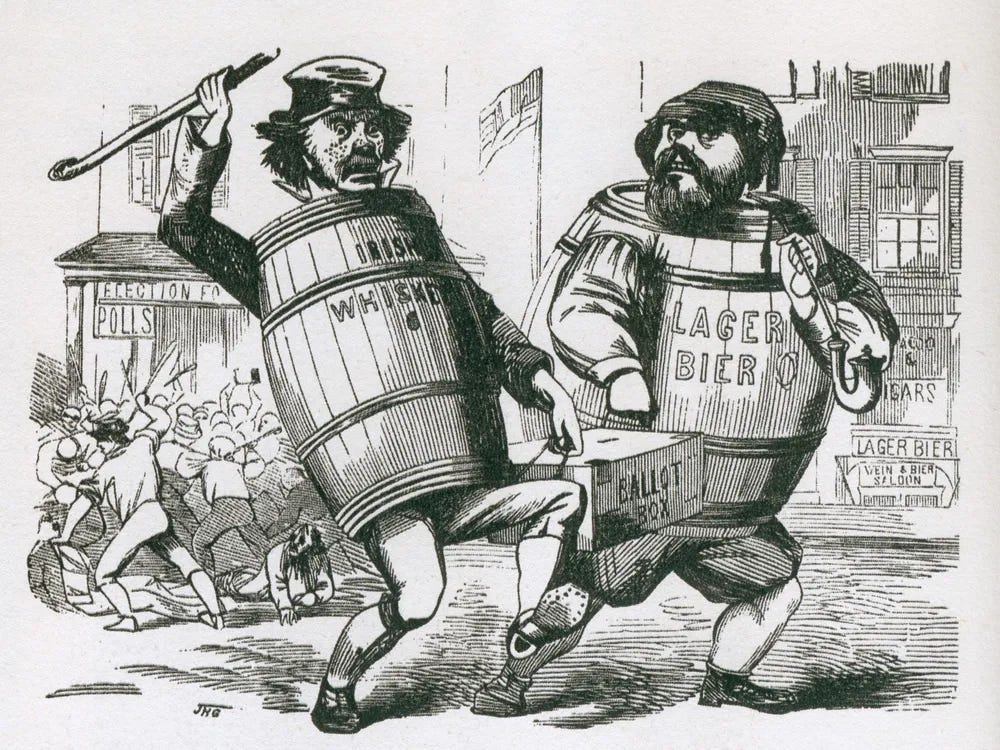The Know-Nothings and Today’s GOP: A Warning from History

In 1855, Abraham Lincoln lamented the rise of the Know-Nothing Party, a nativist movement that sought to exclude immigrants—particularly Catholics—from American society.
Writing in frustration, he declared that if the Know-Nothings gained po…



